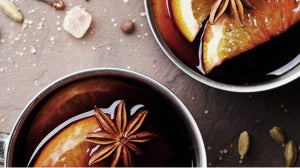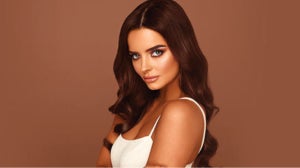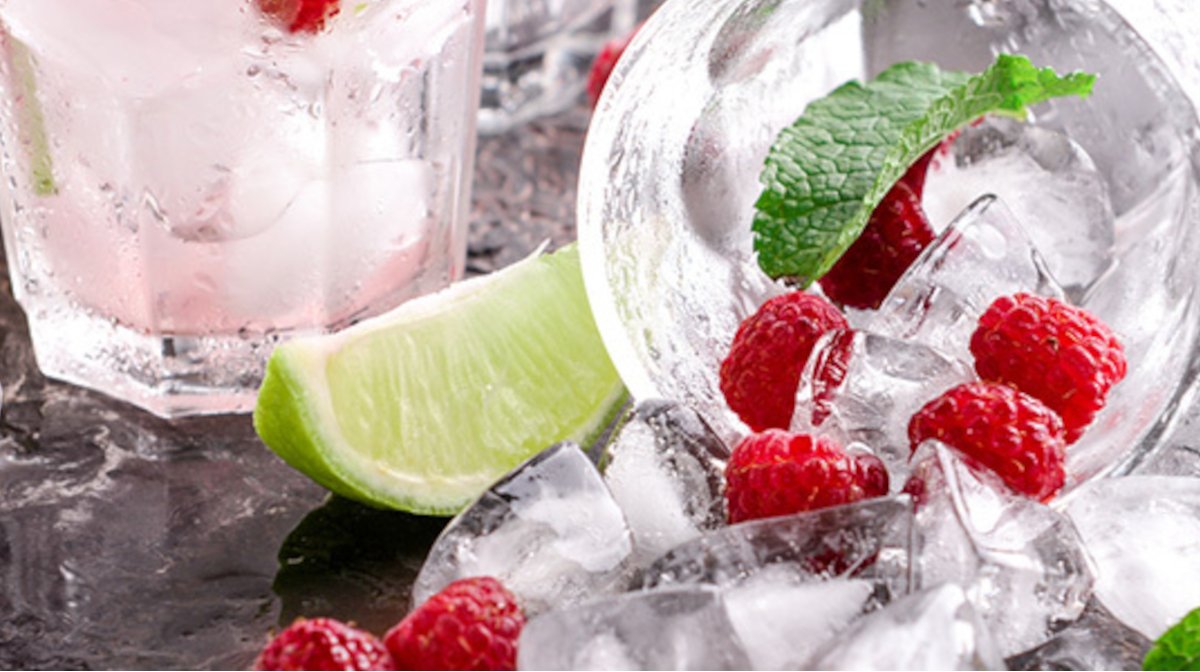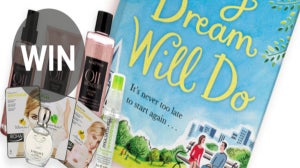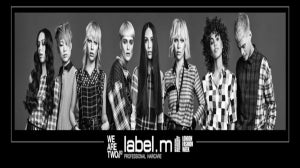
Alcohol in Skincare and Cosmetics
Far more than just a way to help you unwind after a long week, alcohol is used in many different industries, from medicine to science. Ethanol, one of the best-known alcohols, is used in pharmaceuticals and fuels, as well as for sterilising hospital instruments. It’s also a common ingredient in skincare products and toiletries.
So should you be concerned about alcohol in beauty products? With the Conscious Beautyskincare revolution in recent years, consumers are becoming more aware of what goes into the products they use in their beauty regime, and it’s true that alcohol can do damage to your skin’s natural layer of sebum. But not all alcohol is bad for your skin – certain alcohols can actually benefit your skin and should remain part of your beauty routine. We break down some of the main alcohols used in skincare and cosmetics.
Ethanol
Alcohols like Ethanol, Isopropyl alcohol, Alcohol Denat, and Methanol are used to make creams feel lighter, help other ingredients to penetrate your skin, and act as a preservative. The downside is that these alcohols can cause dryness, irritation and breakouts, making them not so skin-friendly.
When used in high concentrations these alcohols wear down your skin’s protective barrier, making it less effective at retaining moisture. This also stimulates oil production, which could lead to breakouts if your skin already makes too much oil. So, you should avoid using lots of products with Ethanol or Ethyl alcohol as the main ingredient - especially if you’re prone to acne.
Products that don’t contain Ethanol, even if they have other kinds of alcohol (Cetyl, Stearyl, Cetearyl, or Lanolin alcohol – fatty alcohols with a different effect on the skin), may be labelled as “alcohol-free.”
Benzyl Alcohol
Although within the EU Benzyl Alcohol is a listed allergen, it's also a necessary ingredient to keep organic and natural skincare products safe from bacteria. Benzyl Alcohol is found naturally in certain essential oils and is an approved preservative under the COSMOS Organic Certification criteria - because of this, it's used by many natural and organic beauty brands. When used in the correct, low concentration it's considered safe, but it’s always a good idea to do a patch test first to check it’s okay for your skin.
Caudalie Masks & ScrubsInstant Detox Mask 75ml
Fatty Alcohols
Fatty alcohols are derived from saturated vegetable fats like coconut oil or palm oil and are known to be beneficial for skin and hair. Commonly used as a thickener in beauty products like liquid foundations and moisturisers, this type of alcohol contains nourishing fatty acids and doesn’t damage the skin. Cetearyl, Stearyl, Cetyl and Behenyl alcohol are the most common fatty alcohols, so if you see these on the label of your skin care product, you should have nothing to worry about.
Perricone MD TreatmentsCold Plasma Plus Face 59ml
So can alcohol be good for your skin?
Put simply, it depends on the type of alcohol. Some alcohols can be harmless or even beneficial for your skin, while others can have negative effects. Different skin types also react differently to varying concentrations of alcohol in beauty products, so it’s always best to do a patch test when using a new product for the first time.
Some ‘bad’ alcohols can also be acceptable when used in spot treatments such as to dry up an infection, even if it’s not a good idea to use them often or long-term. If you exclude every ingredient that ends in OH, which is the chemical abbreviation for alcohol, you might end up missing out on those alcohols with beneficial properties, like fatty alcohols. The key is to carefully read the label on your skincare products. If you see beauty products with Ethanol or Ethyl alcohol, denatured or SD alcohol, or Isopropyl, you’ll probably want to steer clear of them, to avoid the harmful effects on your skin such as dryness and irritation.
| Avoid | Say Yes! |
| Ethanol | Benzyl |
| Ethyl | Cetearyl |
| SD | Stearyl |
| Isopropyl | Cetyl |
Shop our most popular alcohol-free beauty products here. To find out more about Conscious Beauty, why not check out our other blogs?

Related Articles
